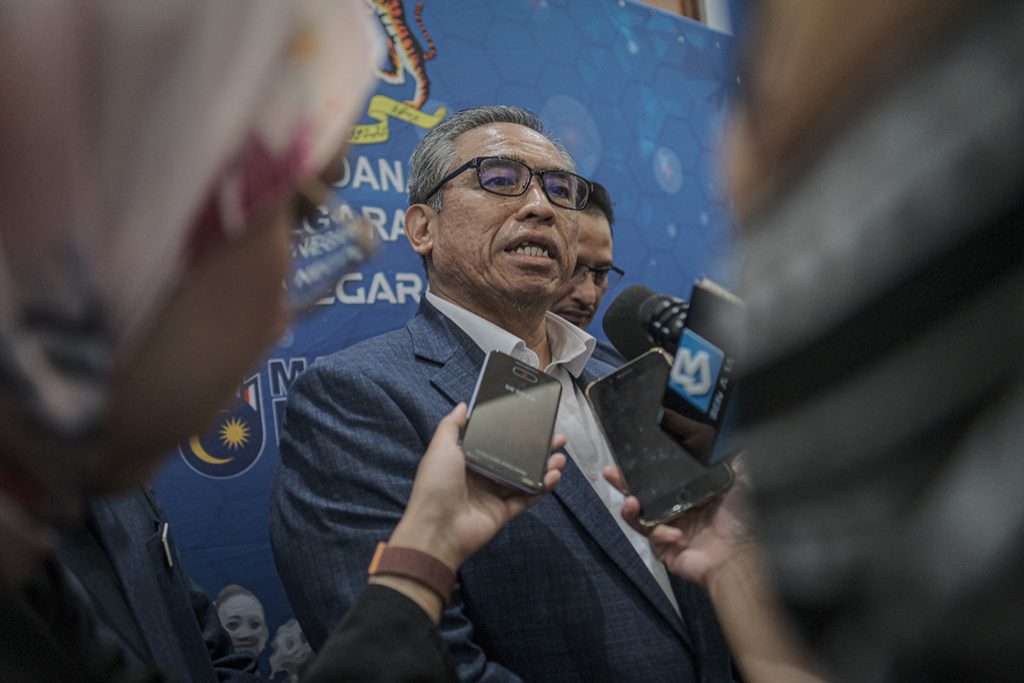PUTRAJAYA — A fresh wave of conversation is stirring across Malaysia’s public service sector — one that could shape the livelihoods and futures of thousands of dedicated civil servants. The government is now exploring the possibility of raising the mandatory retirement age from 60 to 65.
The announcement came directly from the Chief Secretary to the Government, Tan Sri Shamsul Azri Abu Bakar, who emphasized that any change must be grounded in solid research and real-world considerations.
“We haven’t conducted any study yet on the proposal. The Public Service Department (PSD) will begin with a comprehensive evaluation,” he said after attending a thought-provoking lecture by renowned economist Prof Mariana Francesca Mazzucato in Putrajaya on August 6.
This development follows an important moment in Parliament just days earlier, when Prime Minister Datuk Seri Anwar Ibrahim, while presenting the 13th Malaysia Plan (13MP), shared that Malaysia’s ageing population demands a rethink of existing retirement policies. As life expectancy increases and citizens remain active longer, it may be time to align retirement norms with modern realities.
The possible extension is part of the 13MP’s ninth strategic thrust — a broader vision to promote social justice and equal opportunity, especially for a country preparing to meet the needs of an older demographic.
But the decision won’t come lightly. Prime Minister Anwar underscored the importance of weighing the financial impact, job market balance, and the potential ripple effects on youth employment and economic sustainability.
Currently, both civil servants and private sector employees retire at 60, a standard enforced under the Minimum Retirement Age Act 2012. Any change would represent one of the most significant employment policy shifts in recent decades.
For many Malaysians, especially those who still feel capable and eager to contribute, this could offer an extended sense of purpose, continued financial stability, and a deeper role in nation-building.
As the PSD embarks on its detailed study, citizens across all sectors will be watching — not just as observers, but as stakeholders in a conversation that touches livelihoods, dignity, and the future of work in Malaysia.




